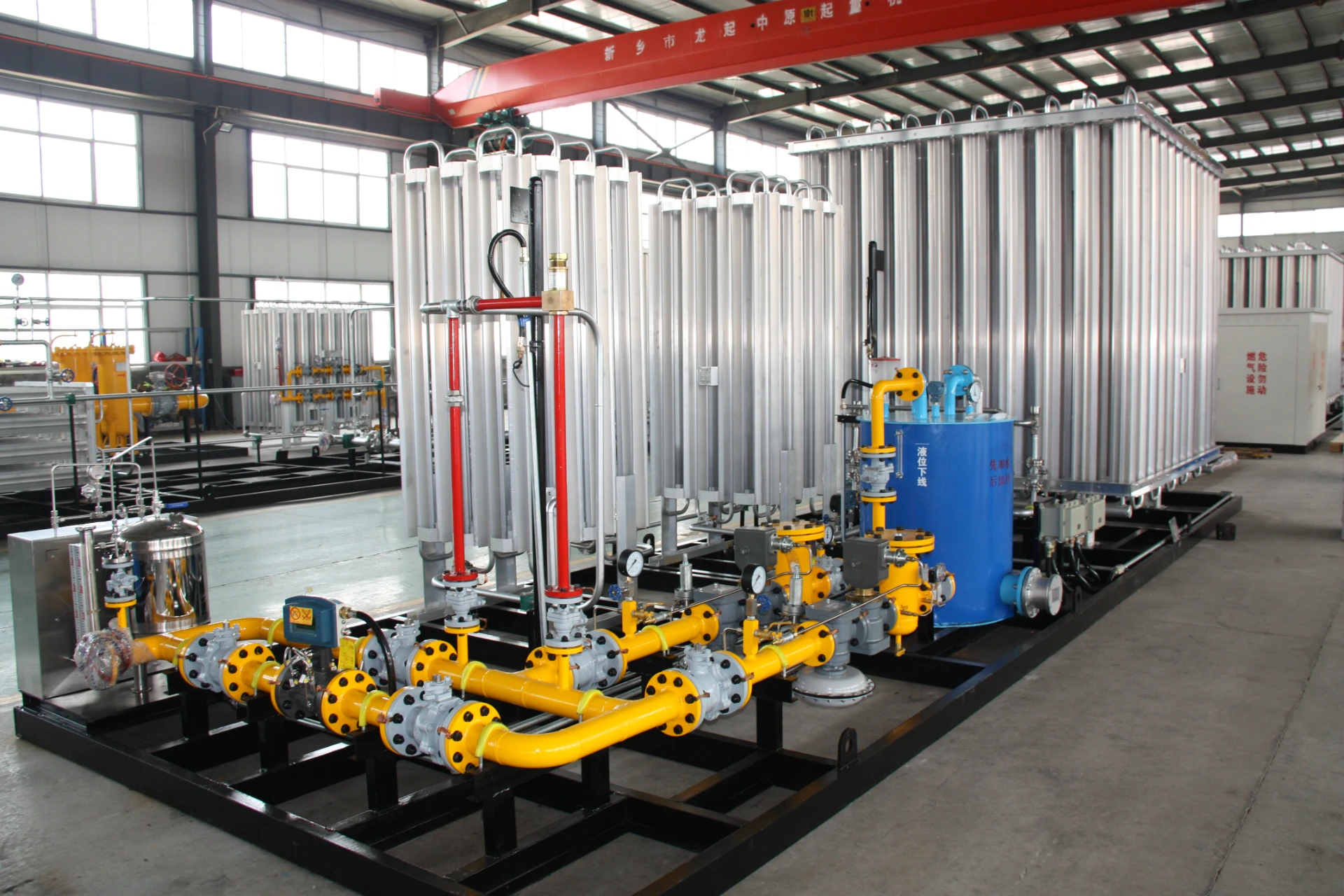
Oct . 10, 2024 07:30
Back to list
lng
Exploring the World of LNG The Future of Energy
Liquefied Natural Gas (LNG) has emerged as one of the most pivotal energy sources in the 21st century. As nations strive for cleaner fuel options and seek to reduce their carbon footprints, LNG presents a compelling solution. In this article, we will explore what LNG is, its benefits, and its role in the global energy transition.
What is LNG?
LNG is natural gas that has been cooled to a liquid state at approximately -162 degrees Celsius (-260 degrees Fahrenheit). This process reduces its volume by about 600 times, making it easier and safer to transport over long distances, especially where pipelines are not feasible. LNG is primarily composed of methane and is stored in large cryogenic tanks that maintain its low temperatures, allowing it to be shipped worldwide.
The Benefits of LNG
LNG offers several significant benefits
1. Environmental Advantages Natural gas is one of the cleanest fossil fuels available. When burned, it emits significantly fewer pollutants compared to coal and oil. The combustion of LNG produces primarily carbon dioxide and water vapor, generating lower greenhouse gas emissions. This characteristic makes LNG particularly appealing as countries commit to reducing carbon emissions in line with international climate agreements.
2. Energy Security As a globally traded commodity, LNG enhances energy security for countries with limited domestic energy resources. By importing LNG, nations can diversify their energy supply sources and reduce reliance on a single provider or energy type. This diversification also shields economies from volatility in specific markets.
3. Economic Benefits The development of LNG infrastructure generates substantial economic opportunities. This includes job creation in construction, operation, and maintenance of LNG facilities. Furthermore, as demand for cleaner energy solutions grows, investments in LNG are likely to pump capital into local economies, boosting growth and innovation.
4. Flexibility and Storage LNG's liquid form allows for efficient storage and transportation. This flexibility makes it an ideal solution for meeting energy demand during peak periods. LNG carriers can easily navigate to markets where demand spikes, providing responsiveness that traditional energy sources may not achieve.
lng

Challenges Facing LNG
Despite its advantages, the LNG sector confronts several challenges
1. Infrastructure Development Building the necessary infrastructure, such as liquefaction plants, regasification terminals, and pipelines, requires significant investment. Developing countries may lack the financial resources, while regulatory hurdles can delay projects in more developed regions.
2. Pricing Volatility The LNG market has been subject to price fluctuations, influenced by geopolitical events, supply-demand dynamics, and changes in energy policy. This volatility can deter long-term investment and affect energy planning for countries reliant on LNG imports.
3. Competition with Renewables As technology advances and renewable energy becomes more cost-effective, LNG may face competition from solar, wind, and other clean energy sources. Balancing the energy mix will require careful consideration and strategic planning to ensure a sustainable energy future.
The Role of LNG in the Energy Transition
In the context of the global transition to cleaner energy, LNG serves as a bridge fuel. While the world shifts towards renewable energy sources, LNG can help mitigate the immediate impacts of fossil fuel dependence. It offers cleaner alternatives for power generation, transitioning away from coal and oil in many regions.
Countries are increasingly using LNG to reduce their environmental footprints while ensuring energy reliability. As advancements in carbon capture and storage technologies continue to develop, LNG's carbon emissions can be further minimized, enhancing its position in a conscientious energy strategy.
Conclusion
LNG stands at the forefront of the evolving energy landscape, melding economic necessity and environmental responsibility. While challenges remain, its advantages as a cleaner, versatile, and reliable energy source render it an essential component of the future energy mix. As the world grapples with climate change and energy demands, the role of LNG is likely to expand, paving the way toward a more sustainable energy era. In this intricate dance of energy solutions, LNG shines as a beacon of innovation and hope.
Latest news
-
Safety Valve Spring-Loaded Design Overpressure ProtectionNewsJul.25,2025
-
Precision Voltage Regulator AC5 Accuracy Grade PerformanceNewsJul.25,2025
-
Natural Gas Pressure Regulating Skid Industrial Pipeline ApplicationsNewsJul.25,2025
-
Natural Gas Filter Stainless Steel Mesh Element DesignNewsJul.25,2025
-
Gas Pressure Regulator Valve Direct-Acting Spring-Loaded DesignNewsJul.25,2025
-
Decompression Equipment Multi-Stage Heat Exchange System DesignNewsJul.25,2025

